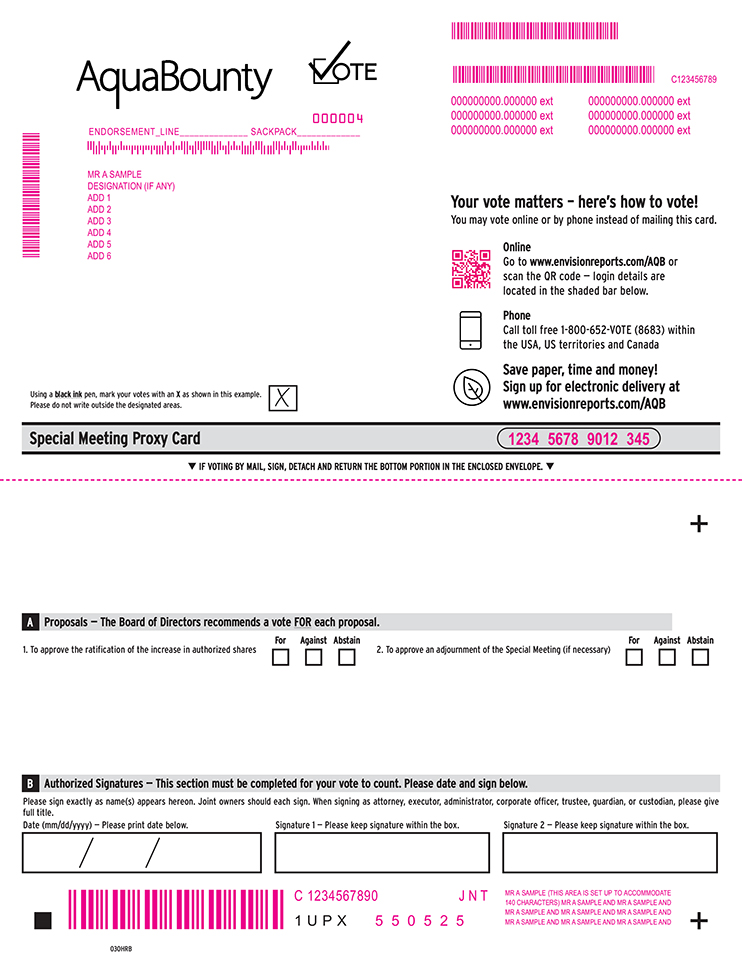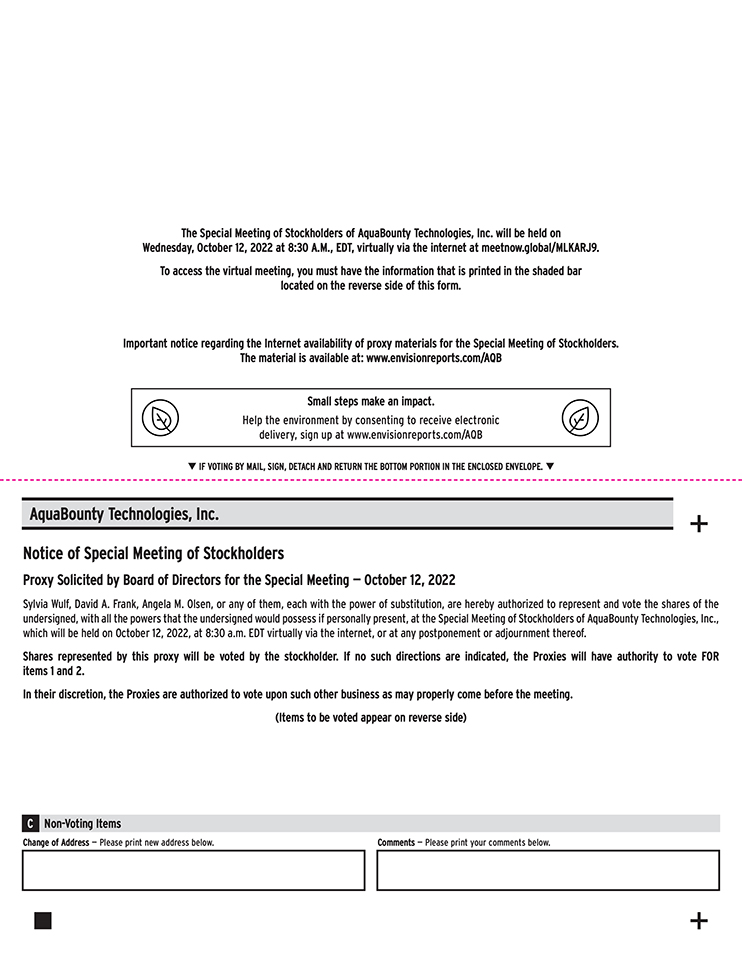securities laws, rules or regulations. If any defective corporate act has been approved by stockholders acting pursuant to §228 of this title, the notice required by this subsection may be included in any notice required to be given pursuant to §228(e) of this title and, if so given, shall be sent to the stockholders entitled thereto under §228(e) and to all holders of valid and putative stock to whom notice would be required under this subsection if the defective corporate act had been approved at a meeting other than any stockholder who approved the action by consent in lieu of a meeting pursuant to §228 of this title or any holder of putative stock who otherwise consented thereto in writing. Solely for purposes of subsection (d) of this section and this subsection, notice to holders of putative stock, and notice to holders of valid stock and putative stock as of the time of the defective corporate act, shall be treated as notice to holders of valid stock for purposes of §§222 and 228, 229, 230, 232 and 233 of this title.
(h) As used in this section and in §205 of this title only, the term:
(1) ”Defective corporate act” means an overissue, an election or appointment of directors that is void or voidable due to a failure of authorization, or any act or transaction purportedly taken by or on behalf of the corporation that is, and at the time such act or transaction was purportedly taken would have been, within the power of a corporation under subchapter II of this chapter (without regard to the failure of authorization identified in § 204(b)(1)(D) of this title), but is void or voidable due to a failure of authorization;
(2) ”Failure of authorization” means: (i) the failure to authorize or effect an act or transaction in compliance with (A) the provisions of this title, (B) the certificate of incorporation or bylaws of the corporation, or (C) any plan or agreement to which the corporation is a party or the disclosure set forth in any proxy or consent solicitation statement, if and to the extent such failure would render such act or transaction void or voidable; or (ii) the failure of the board of directors or any officer of the corporation to authorize or approve any act or transaction taken by or on behalf of the corporation that would have required for its due authorization the approval of the board of directors or such officer;
(3) ”Overissue” means the purported issuance of:
a. Shares of capital stock of a class or series in excess of the number of shares of such class or series the corporation has the power to issue under § 161 of this title at the time of such issuance; or
b. Shares of any class or series of capital stock that is not then authorized for issuance by the certificate of incorporation of the corporation;
(4) ”Putative stock” means the shares of any class or series of capital stock of the corporation (including shares issued upon exercise of options, rights, warrants or other securities convertible into shares of capital stock of the corporation, or interests with respect thereto that were created or issued pursuant to a defective corporate act) that:
a. But for any failure of authorization, would constitute valid stock; or
b. Cannot be determined by the board of directors to be valid stock;
(5) ”Time of the defective corporate act” means the date and time the defective corporate act was purported to have been taken;
(6) ”Validation effective time” with respect to any defective corporate act ratified pursuant to this section means the latest of:
a. The time at which the defective corporate act submitted to the stockholders for approval pursuant to subsection (c) of this section is approved by such stockholders or if no such vote of stockholders is required to approve the ratification of the defective corporate act, the time at which the board of directors adopts the resolutions required by paragraph (b)(1) or (b)(2) of this section;
b. Where no certificate of validation is required to be filed pursuant to subsection (e) of this section, the time, if any, specified by the board of directors in the resolutions adopted pursuant to paragraph (b)(1) or (b)(2) of this section, which time shall not precede the time at which such resolutions are adopted; and
c. The time at which any certificate of validation filed pursuant to subsection (e) of this section shall become effective in accordance with §103 of this title.
(7) ”Valid stock” means the shares of any class or series of capital stock of the corporation that have been duly authorized and validly issued in accordance with this title.
In the absence of actual fraud in the transaction, the judgment of the board of directors that shares of stock are valid stock or putative stock shall be conclusive, unless otherwise determined by the Court of Chancery in a proceeding brought pursuant to §205 of this title.
(i) Ratification under this section or validation under §205 of this title shall not be deemed to be the exclusive means of ratifying or validating any act or transaction taken by or on behalf of the corporation, including any defective corporate act, or any issuance of stock, including any putative stock, or of adopting or endorsing any act or transaction taken by or in the name of the corporation prior to the commencement of its existence, and the absence or failure of ratification in accordance with either this section or validation under §205 of this title shall not, of itself, affect the validity or effectiveness of any act or transaction or the issuance of any stock properly ratified under common law or otherwise, nor shall it create a presumption that any such act or transaction is or was a defective corporate act or that such stock is void or voidable.
§ 205. PROCEEDINGS REGARDING VALIDITY OF DEFECTIVE CORPORATE ACTS AND STOCK.
(a) Subject to subsection (f) of this section, upon application by the corporation, any successor entity to the corporation, any member of the board of directors, any record or beneficial holder of valid stock or putative stock, any record or beneficial holder of valid or putative stock as of the time of a defective corporate act ratified pursuant to §204 of this title, or any other person claiming to be substantially and adversely affected by a ratification pursuant to §204 of this title, the Court of Chancery may:
(1) Determine the validity and effectiveness of any defective corporate act ratified pursuant to §204 of this title;
(2) Determine the validity and effectiveness of the ratification of any defective corporate act pursuant to §204 of this title;
(3) Determine the validity and effectiveness of any defective corporate act not ratified or not ratified effectively pursuant to §204 of this title;
(4) Determine the validity of any corporate act or transaction and any stock, rights or options to acquire stock; and
(5) Modify or waive any of the procedures set forth in §204 of this title to ratify a defective corporate act.
(b) In connection with an action under this section, the Court of Chancery may:
| | (1) | Declare that a ratification in accordance with and pursuant to §204 of this title is not effective or shall only be effective at a time or upon conditions established by the Court; |
| | (2) | Validate and declare effective any defective corporate act or putative stock and impose conditions upon such validation by the Court; |
| | (3) | Require measures to remedy or avoid harm to any person substantially and adversely affected by a ratification pursuant to §204 of this title or from any order of the Court pursuant to this section, excluding any harm that would have resulted if the defective corporate act had been valid when approved or effectuated; |
B-3


